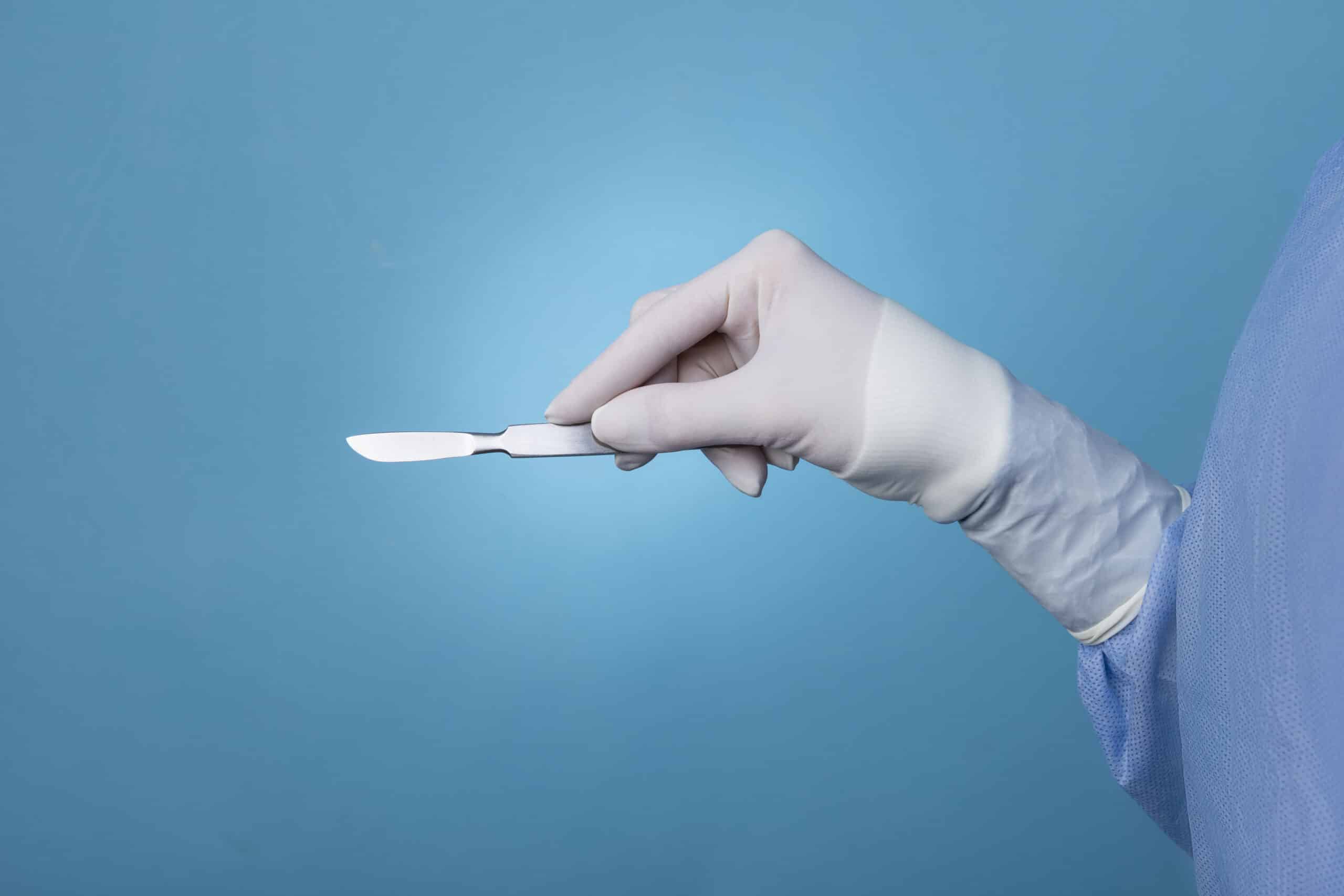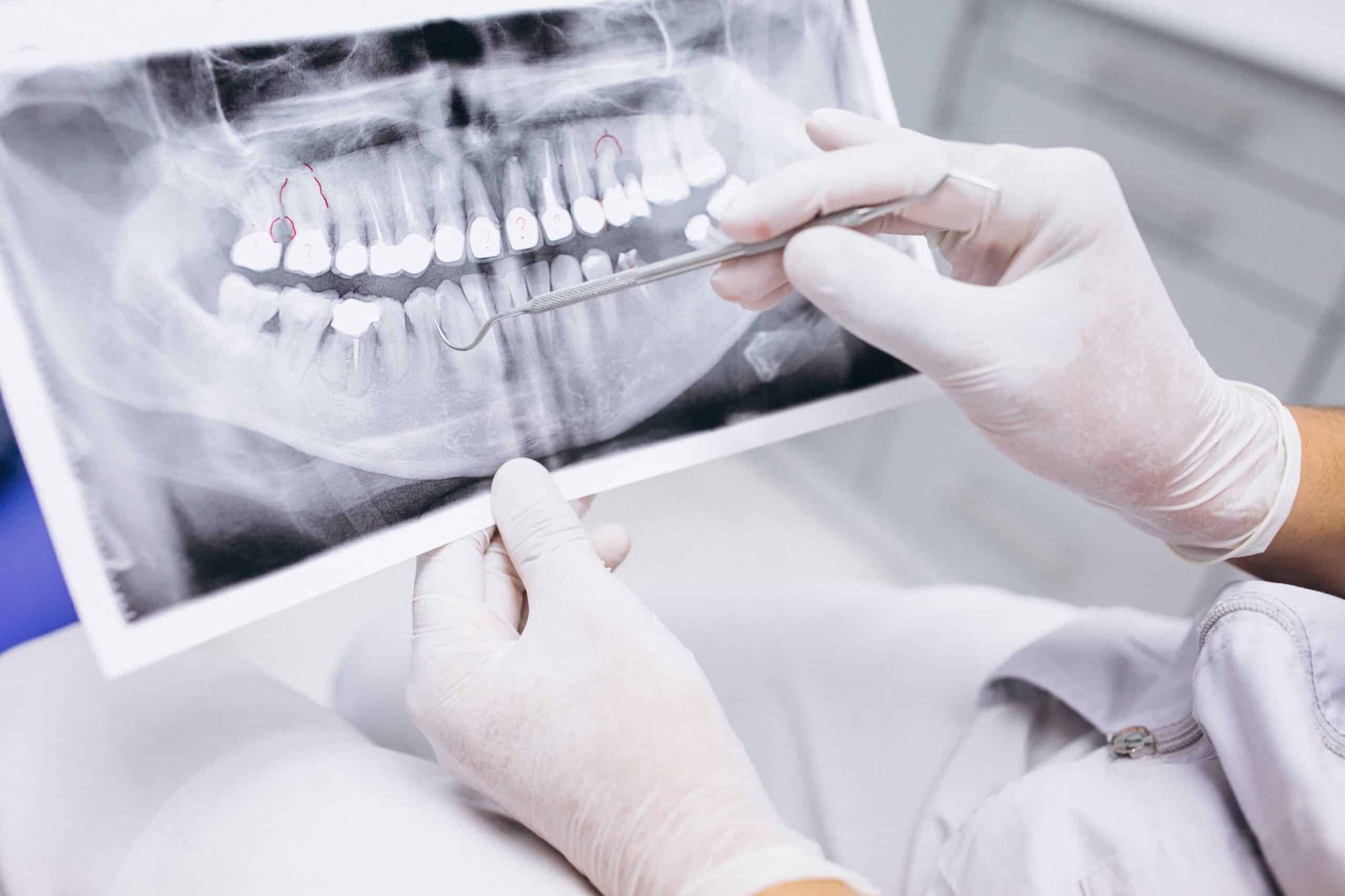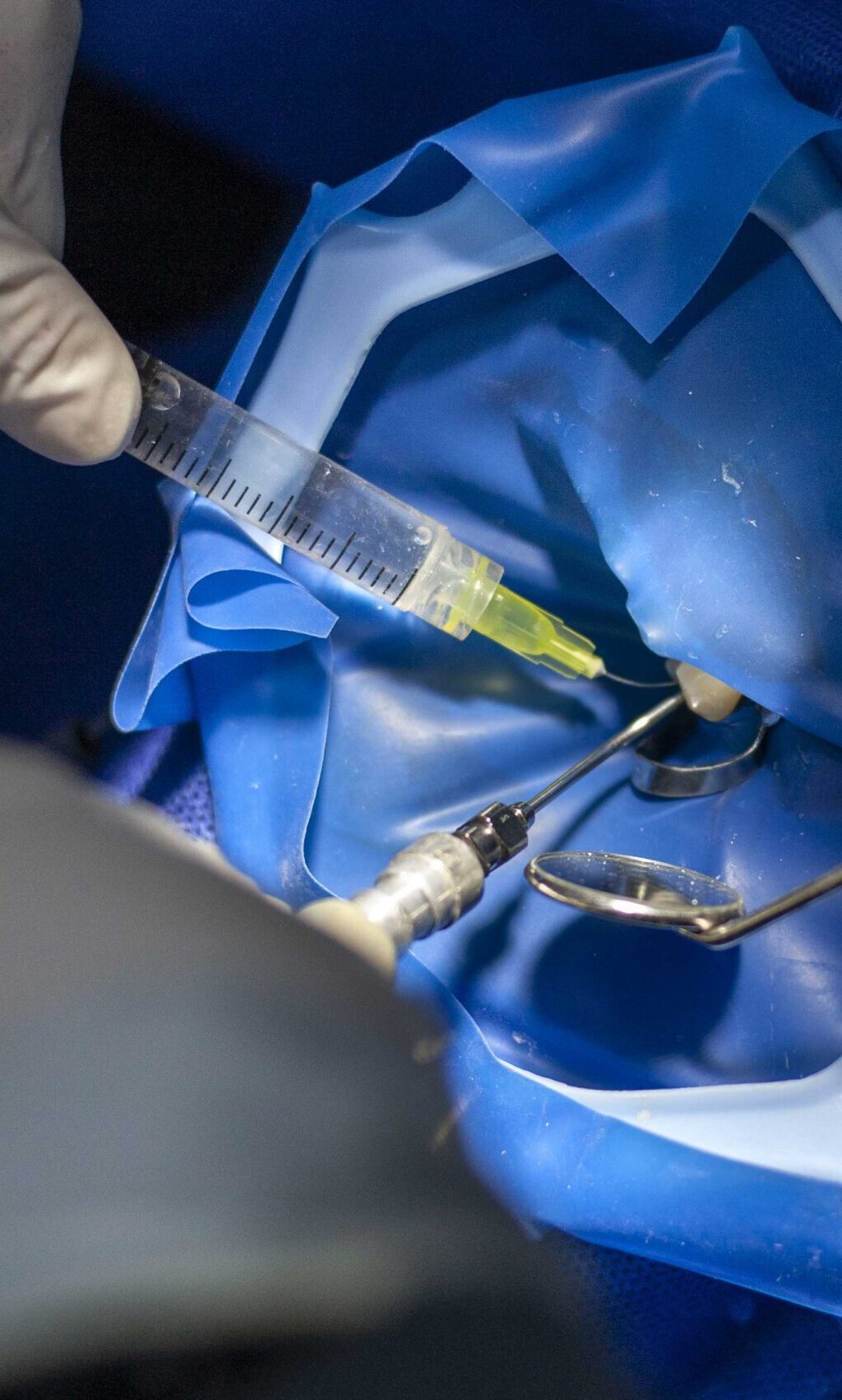Oral Surgery
Oral Surgery Services
Our team of highly skilled oral and maxillofacial surgeons and periodontists is dedicated to providing comprehensive and advanced surgical procedures for the teeth, gums, jaw, and facial structures. From extractions and dental implants to corrective jaw surgery and cleft lip and palate repair, we offer a wide range of oral surgery services to address various conditions and enhance your oral health.




What is Oral Surgery?
Oral surgery encompasses a wide range of surgical procedures performed on the teeth, gums, jaw, and surrounding structures of the mouth and face. It covers various treatments, such as tooth extractions, dental bone grafts, periodontal (gum) grafts, and corrective jaw surgery.
Types of oral surgery procedures
Tooth Extraction:
This is the most common type of oral surgery, involving the removal of a tooth. It may be necessary if a tooth is severely decayed, infected, impacted, or causing overcrowding. Wisdom tooth extraction is also a common procedure to prevent potential complications.
Dental Implants:
Dental implants are surgical fixtures that replace missing teeth. They consist of a titanium post that is inserted into the jawbone, serving as an artificial tooth root. Dental implants provide a stable foundation for dental crowns, bridges, or dentures.
Jaw Surgery (Orthognathic Surgery):
Jaw surgery is performed to correct irregularities in the jawbone structure, such as misalignment, underbite, overbite, or jaw size discrepancies. It can improve chewing, speech, and facial aesthetics. Corrective
Jaw Surgery for TMJ Disorders:
Temporomandibular Joint (TMJ) disorders can cause jaw pain, headaches, and difficulty in opening and closing the mouth. Corrective jaw surgery can address these issues by realigning the jaw joints and improving their function.
Periodontal Surgery:
This type of oral surgery is focused on treating advanced gum disease (periodontitis). It involves procedures such as gum grafting, pocket reduction surgery, and bone grafting to repair and regenerate damaged gum and bone tissues.
Oral Pathology:
Oral surgeons may perform procedures to diagnose and treat oral diseases, including the removal of cysts, tumors, or abnormal growths in the mouth.
Reconstructive Surgery:
Reconstructive oral surgery is performed to restore the form and function of the mouth, jaw, and facial structures following trauma, injury, or surgery for conditions like oral cancer.
Sleep Apnea Surgery:
For individuals with severe obstructive sleep apnea, surgical interventions may be necessary to improve breathing during sleep. Surgeries can involve removing excess tissue, repositioning the jaw, or creating a new airway passage.
Cleft Lip and Palate Repair:
Oral surgeons play a vital role in repairing cleft lips and palates in infants and children. These surgeries help improve speech, feeding, and overall facial development.


All Insurance Plans
We strive to make dental services convenient for all patients, which is why we accept a wide range of insurance plans. Whether you have private insurance, employer-provided insurance, or government insurance, we are here to assist you in utilizing your benefits effectively.

Now Accepting
Medicare & Medicaid
Schedule Your Appointment Today!
Take the first step towards a healthy and beautiful smile by scheduling your appointment with our dental clinic.
FAQ
Is oral surgery painful?
Oral surgery is typically performed under anesthesia, ensuring that you remain comfortable and free from pain during the procedure. After surgery, you may experience some discomfort, which can be managed with prescribed pain medication and following the post-operative instructions provided by your oral surgeon.
How long does it take to recover from oral surgery?
Recovery times can vary depending on the specific procedure and individual factors. In general, most people can expect a few days to a couple of weeks for the initial recovery. It’s important to follow post-operative instructions, rest, and maintain a proper diet to aid in the healing process. Your oral surgeon will provide you with specific guidelines based on your surgery.
Are there any risks or complications associated with oral surgery?
As with any surgical procedure, there are potential risks and complications associated with oral surgery. These can include bleeding, infection, swelling, bruising, nerve damage, or reactions to anesthesia. However, with proper pre-operative evaluation and post-operative care, the risks can be minimized. Your oral surgeon will discuss potential risks and complications with you before the surgery.
Will I be able to eat normally after oral surgery?
The ability to eat normally after oral surgery will depend on the specific procedure and your healing progress. In the initial days following surgery, a soft or liquid diet is often recommended to allow for proper healing and minimize discomfort. As you progress in your recovery, you can gradually reintroduce solid foods based on the guidance of your oral surgeon.
Will insurance cover the cost of oral surgery?
Insurance coverage for oral surgery can vary depending on your specific insurance plan and the nature of the procedure. Some dental insurance plans may cover certain oral surgeries, while more complex surgeries may fall under medical insurance coverage. It’s important to contact your insurance provider and discuss your coverage and potential out-of-pocket expenses with your oral surgeon’s office.
ACCEPTED INSURANCE:






